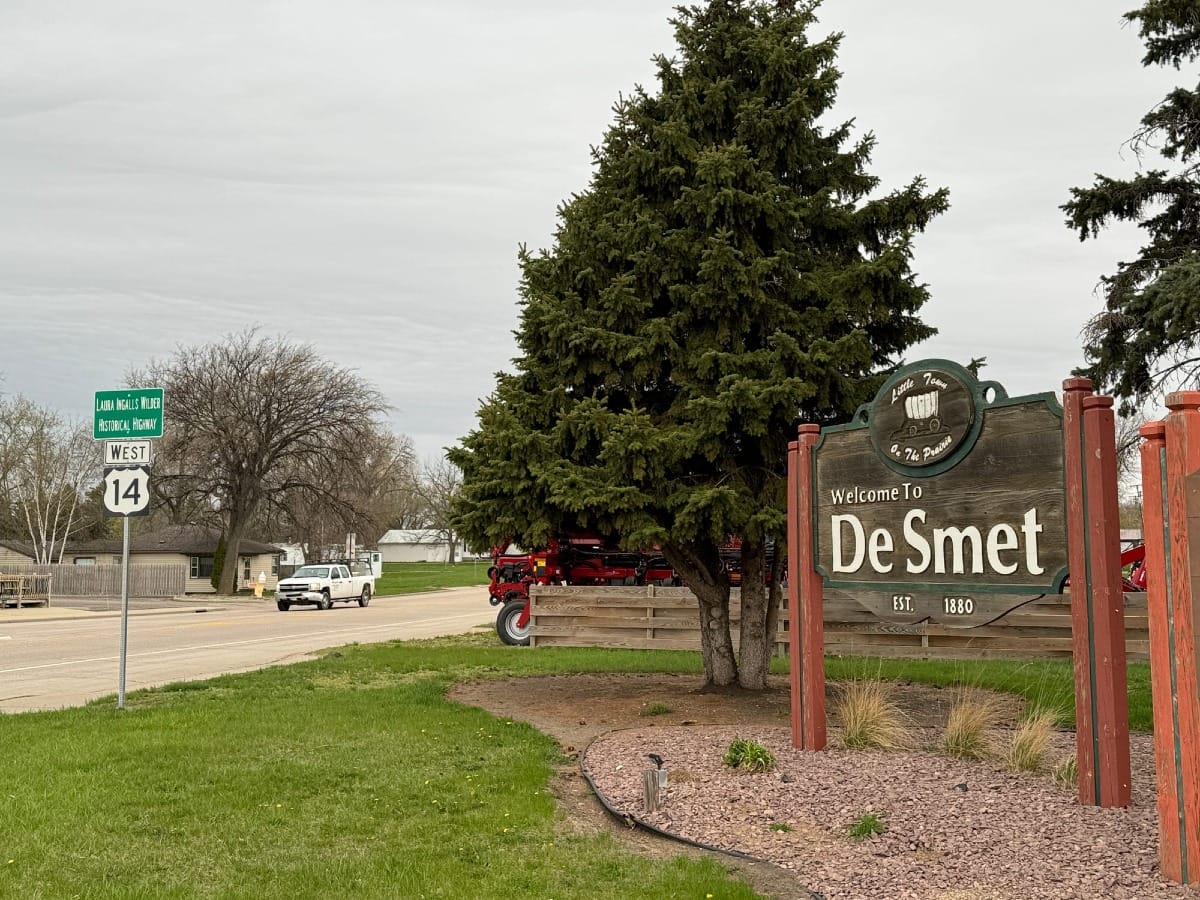
Bart Pfankuch / South Dakota News Watch
De SMET, S.D. – A rural South Dakota county known mainly as the former home of beloved author Laura Ingalls Wilder is on the precipice of rapid growth as two record-setting agricultural processing plants are proposed for the area.
If the planned projects – the state’s largest individual dairy farm with up to 25,000 cows and a nearly $1 billion biofuels plant – both come to fruition, Kingsbury County in east-central South Dakota could see a sudden surge in its population, economy and tax base.
So far, local officials and the state of South Dakota are rolling out the welcome mat for the two projects. They see an opportunity to create hundreds of jobs that would attract new residents, new spin-off businesses and new amenities to the rural county of fewer than 6,000 people over 832 square miles.
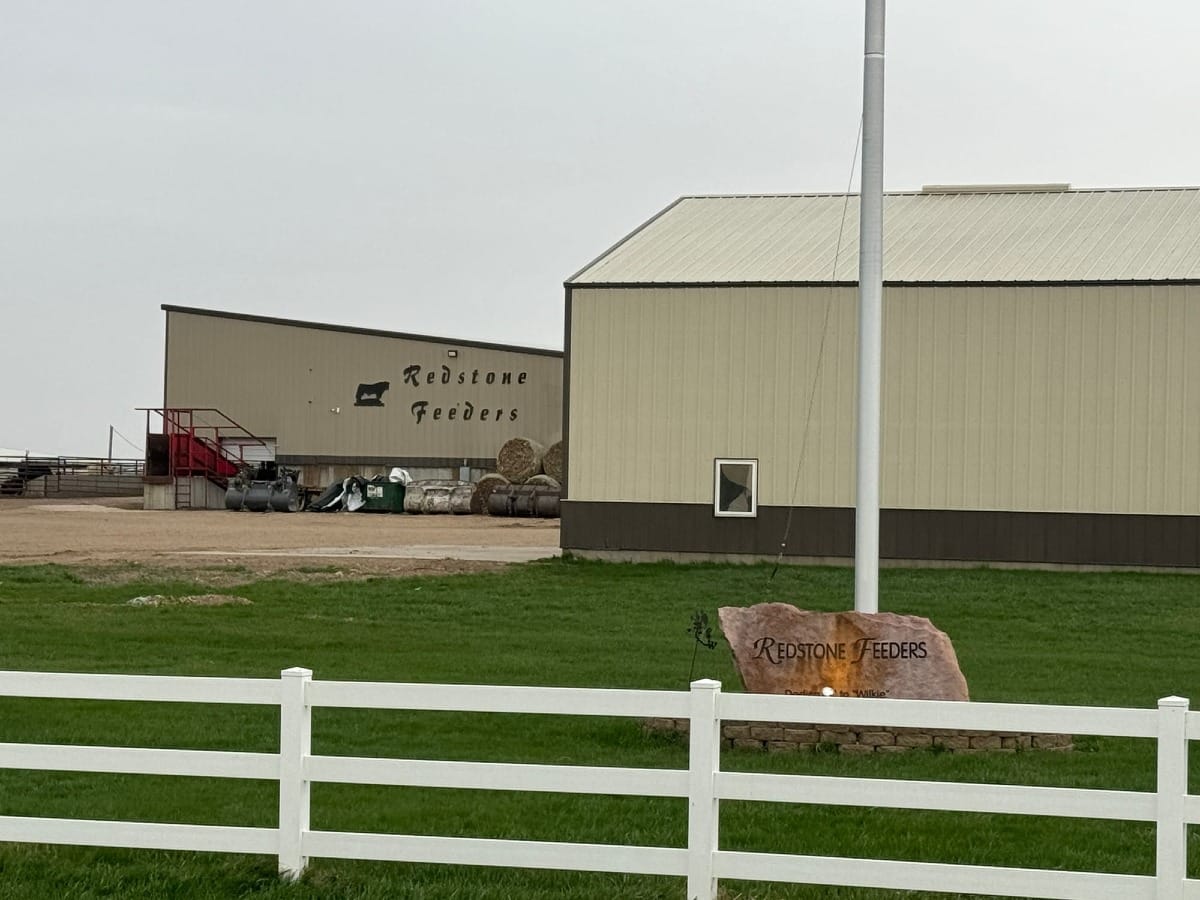
Joe Jensen, zoning director for Kingsbury County, said the two agriculture plants and a large hog farrowing facility that recently began operation in the area could bring economic opportunity to Kingsbury County and the cities of Lake Preston, Arlington and De Smet, the county seat.
“It will be a huge shot in the arm for our county,” Jensen said.
Projects would generate new jobs in Kingsbury County
State records show that the proposed $190 million dairy, planned for a site 10 miles southwest of De Smet near the tiny town of Manchester, would create about 100 new full-time jobs.
The proposed Gevo Net-Zero 1 biofuels plant, eyed for a site two miles east of Lake Preston, would create 1,500 construction jobs and 460 permanent positions, including 90 in Lake Preston, along with generating up to $250 million in annual economic activity, according to the company’s website. Project leaders said it would be the largest single development project in South Dakota history.
Jensen said he expects that if both projects become operational, the county would see a jump of at least $500 million and up to $1 billion in its tax base, which could lead to development of new schools, better roads and overall improved infrastructure.
The new dairy could also drive growth in ancillary agricultural businesses, including trucking, feed grinding, and the growing and bailing of corn and alfalfa, Jensen said. Gevo, meanwhile, could bring new high-tech jobs and a stronger connection to cutting-edge agricultural research at South Dakota State University in nearby Brookings, he said.
“It will bring a lot of opportunity, especially for a county of only around 5,000 or 6,000 people,” Jensen said. “The main streets in our small towns have struggled a little bit, so this will help a lot in bringing in more people and money, and it will be a big benefit to those small towns.”
Limited opposition to dairy so far
Opposition to the huge dairy, which received unanimous county commission approval in December, has so far been limited to concerns over water usage and whether local roads are able to handle increased truck traffic, according to county records reviewed by News Watch.
The addition of new workers has also brought to light the need to develop more housing in the county, an issue many communities in South Dakota struggle with, though the dairy operation is expected to provide on-site housing for some workers.
Jensen said there is widespread local support for the projects, and he hasn’t heard any concerns that they could somehow negatively affect the existing tourism industry, largely centered on Ingalls Wilder, who grew up and lived in De Smet.
Nicknamed the “Little Town on the Prairie,” De Smet offers covered wagon rides, building tours, a discovery center and an annual pageant dedicated to the memory of the author of “Little House on the Prairie” and other notable books.
“Absolutely, it will look and feel differently here,” Jensen said. “But the population is extremely sparse where these projects will be located, so you can still go visit Laura Ingalls all you want and you won’t see or smell any of it.”
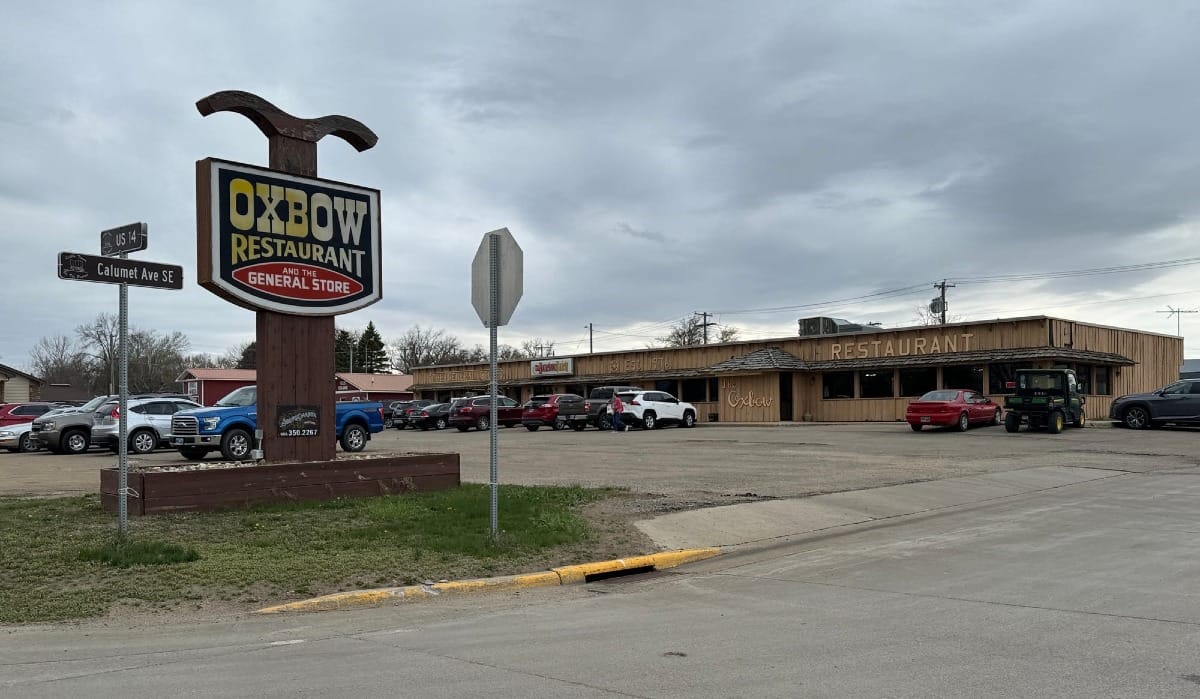
State of South Dakota providing millions in support
The South Dakota Governor’s Office of Economic Development has provided major financing help to the two projects through its Livestock Nutrient Management Bond program, state records show.
In May 2023, the South Dakota Economic Development Finance Authority within GOED approved a $187 million bond to Gevo Net-Zero 1 for waste management at its proposed plant. That project, according to the company, would process locally grown corn into jet fuel on a 240-acre swath of farmland north of U.S. 14 a couple miles east of Lake Preston in central Kingsbury County.
In April, the same board approved a $55 million bond to Minnesota-based agricultural firm Riverview LLP. The production agriculture company would use the bond funds to build infrastructure needed to handle animal wastes at the proposed dairy that would be built on the site of an existing cattle feedlot south of U.S. 14 about 10 miles west of De Smet.
GOED said in a release that the dairy would house 15,000 to 20,000 cows, but public records filed in Kingsbury County show that the dairy could be home to 25,000 milking cows. That would make it the largest single dairy operation in the state, Jensen said.
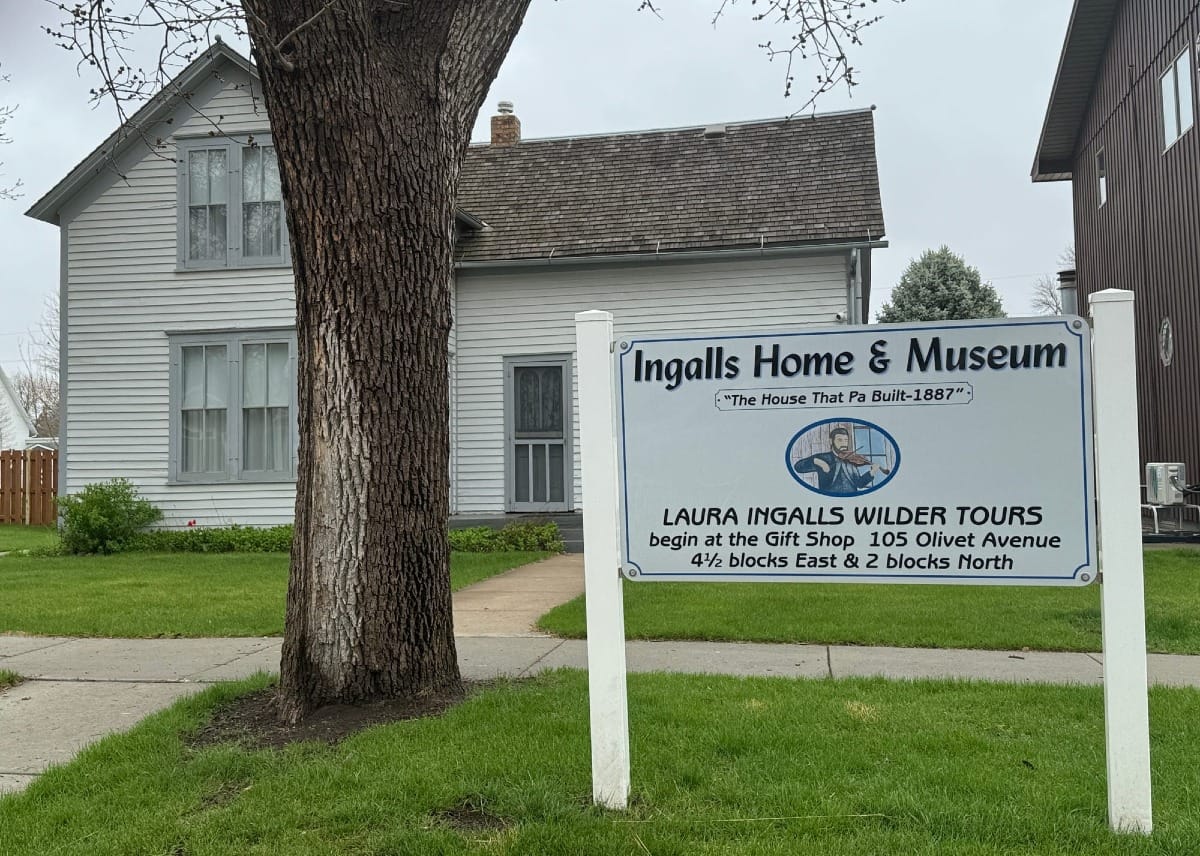
According to GOED documents obtained by News Watch through an open records request, the animal waste management bonding for the dairy will finance land acquisition costs and construction of concrete containment lagoons, manure disposal equipment and settling ponds.
The agricultural growth in Kingsbury County is being driven, officials said, by its location in the heart of the South Dakota corn belt, where corn prices are low. The county also has a flat east-west highway that connects to Interstate 29, and the county is in close proximity to cheese plants in Brookings, Lake Norden and Milbank that have undergone expansion.
Gov. Kristi Noem said in a news release that providing financial aid to the dairy is part of a strategy using agriculture as the center of efforts to enhance overall economic development.
“South Dakota’s economy is thriving thanks to continued growth for the ag industry and for our small businesses,” she said.
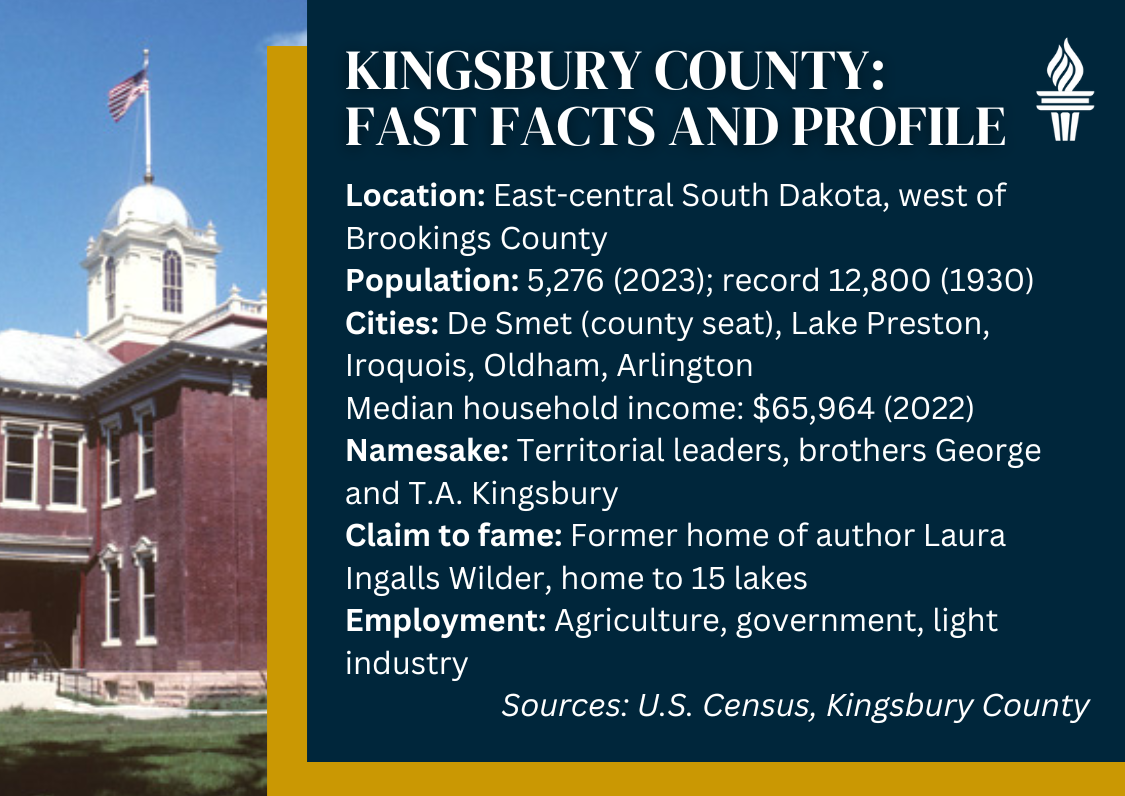
Officials with Riverview LLP, the company in Morris, Minnesota, that recently bought land from Noem’s brothers for a separate South Dakota dairy project, did not respond to numerous phone messages left by News Watch.
Gevo, based in Englewood, Colorado, has raised some uncertainty about whether the Lake Preston facility is viable. And despite a formal groundbreaking ceremony at the site in 2022, no construction has begun.
Officials with Gevo did not return an email from News Watch seeking comment. But recent reports have indicated that officials with the biofuels plant want construction of a carbon-dioxide pipeline through eastern South Dakota before building. Gevo officials also said recently, however, that the project could be buoyed by new biofuels tax credits being offered by the federal government.
Region welcoming to new residents
Kingsbury County, and De Smet in particular, are prime locations for new industry in part because the area has long taken a progressive, welcoming approach to new businesses and new residents, said Jamie Lancaster, economic development director for the De Smet Development Corp.
Lancaster noted that city leaders have a history of encouraging development of light industry and new businesses, including creation of an industrial park in the 1960s, before it was common in small towns. That park has led to job creation by a wide range of businesses that include a window and door manufacturer, a seed company, a sign firm, a medical device manufacturer and a company that makes plastic parts used to build casino gaming machines used around the world.
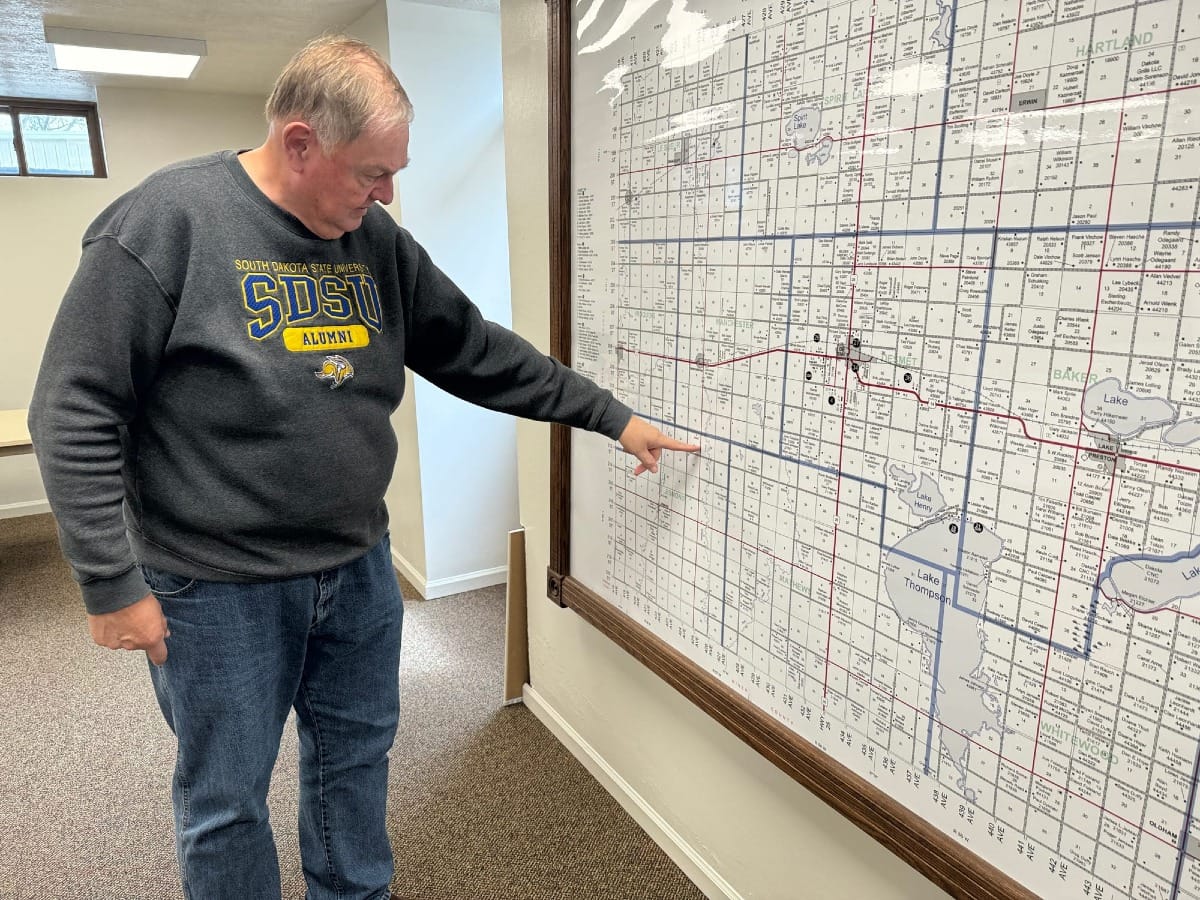
Residents of De Smet also looked to the future in 2022 when they handily voted to approve bonding for a $9 million elementary school now under construction.
Lancaster, who moved to De Smet from California, said he has noticed the community embracing the arrival of workers at the local industrial park, including some Hispanic immigrants. U.S. Census data show that 3.3% of Kingsbury County’s population consisted of Hispanic or Latino residents in 2023.
Lancaster said the local grocery store, Maynard’s Food Center, has added more spicy foods lately, including fresh Mexican chorizo sausage and a partial aisle dedicated to other staple Hispanic foods. The school system has also expanded its ability to teach students who speak English as a second language, he said.
“Here, when somebody moves in, they’re your neighbor and you welcome them,” he said.
Lancaster said the region is also well equipped to handle the health care needs of new and existing residents, with an Avera Health hospital and a Horizon Health Care clinic that includes dental services, both located in De Smet.
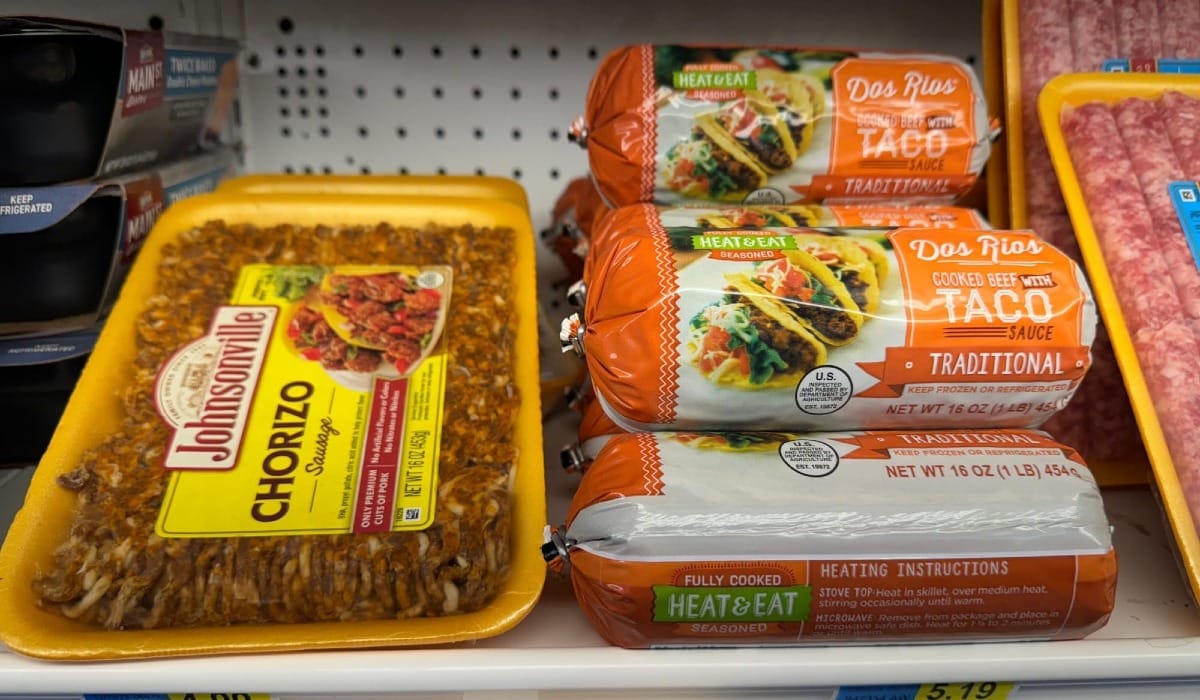
New growth won’t harm rural charm, officials say
While investments of more than $1 billion into the regional economy will surely ripple through the county, residents and Kingsbury County government leaders aren’t expecting explosive or immediate growth, Lancaster said.
“It is a once-in-a-generation opportunity, but at the same time, we’re trying not to get ahead of ourselves,” he said. “We’re taking things as they come to a certain degree because what sets us apart really comes down to the quality of life for the people who are going to work in the businesses.”
Looking to the future, Lancaster said he expects that some parts of De Smet and Kingsbury County will surely look different. But he predicts that even if both the dairy and biofuels plant are developed, they won’t overwhelm the community or reduce the rural charm that attracted him and his family to De Smet after an Ingalls Wilder vacation.
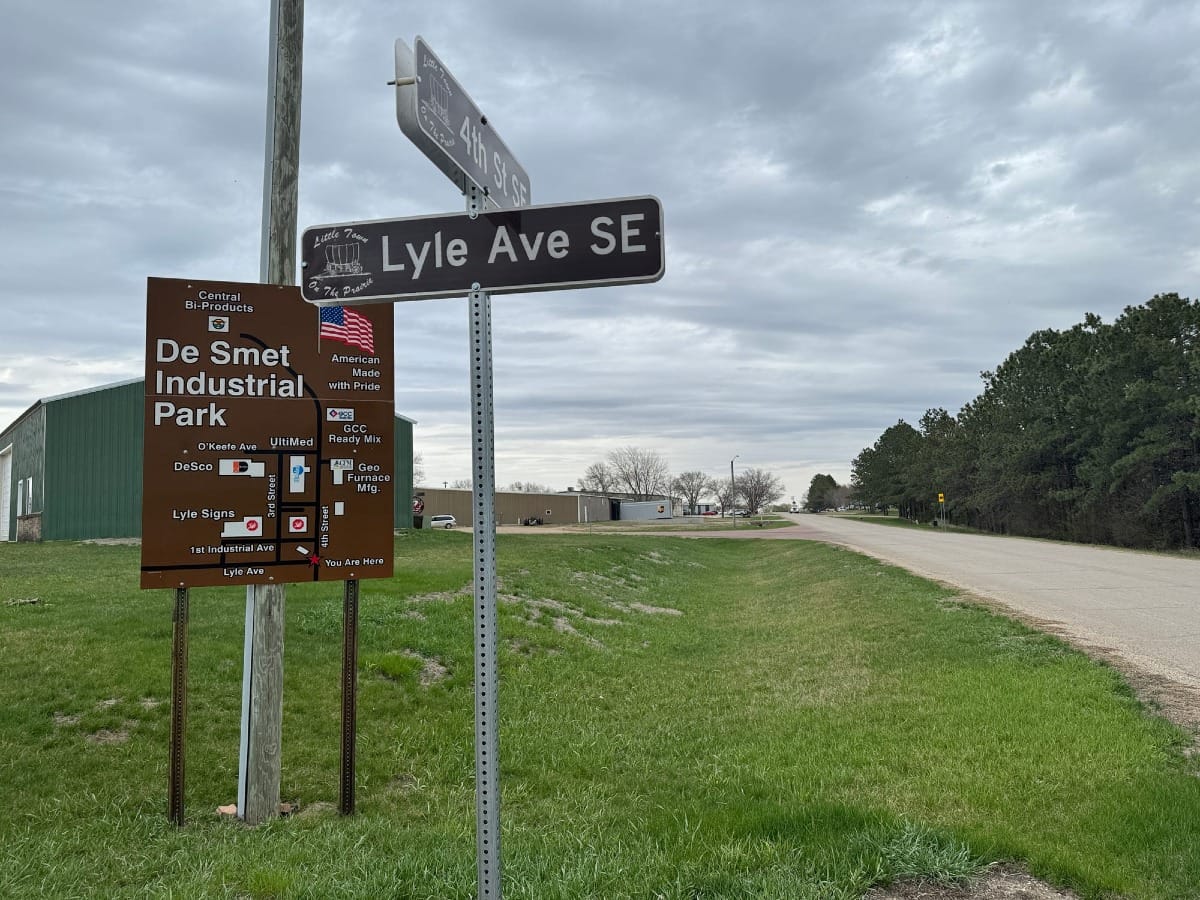
“Things will be somewhat different and everything changes with time, but I don’t see it being drastically different, other than maybe more restaurants and more of the businesses that come along with more people,” Lancaster said. “Other than that, I don’t see a drastic change, and of course, Laura (Ingalls Wilder) will always be a big part of our community.”
